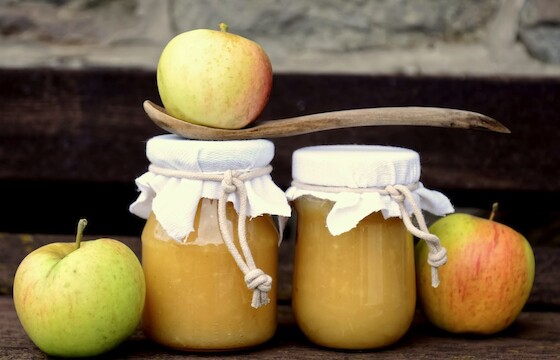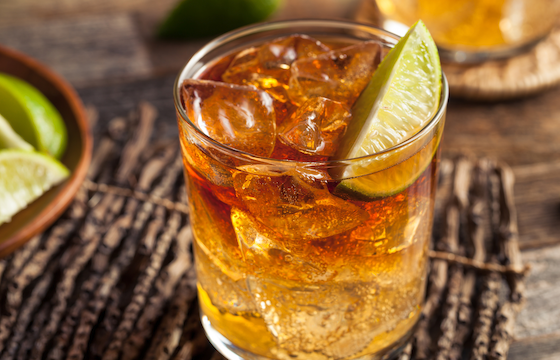While confirming the existence of anti-competitive practices in the overseas champagne sales sector, the Paris Court of Appeals reduces the fine imposed on one of the importers located in Martinique, by the French Competition Authority in its decision n°20-D-16 of 29 October 2020.
The prohibition of exclusive import agreements in French overseas territories
Since 22 March 2013, the French “Lurel” Law prohibits agreements or concerted practices having as objective or effect to grant exclusive import rights in overseas territories.
Such prohibition (provided for in Article L. 420-2-1 of the French Commercial Code), which aims at regulating overseas territories’ markets as well as preserving purchasing power of the overseas consumers, which is lower than in mainland France, has given rise to various cases from the French Competition Authority.
On this matter, cumulative fines arising from the procedure of Article L.420-2-1 of the French Commercial Code, reached 2 million EUR in 2020.
Practices sanctioned by the French Competition Authority
In its decision n°20-D-16, the French Competition Authority indicates that the supply chains of the overseas territories markets were specific and that Martinique is the leading destination for champagne exports overseas.
In order to sanction the Champagne manufacturer Nicolas Feuillatte and the importers of its products in overseas territories, the Authority considers that these companies:
- continued to stipulate exclusive import rights in their distribution contract until 1 January 2015; and
- maintained exclusive import practices (de facto exclusivity) until the end of June 2016.
According to the French Competition Authority, those practices “hindered the development of competing wholesale-importers and prevented retailers from benefiting from competition between wholesalers for their supplies of Nicolas Feuillatte and Palmes d’Or champagne. Despite the fact that the counter-bargaining power of mass-market retailers is significant, that there are many competing brands and frequent special offers, overseas consumers, whose purchasing power is lower than those in mainland France, have still suffered the consequences of these sanctioned behaviours even in the absence of a written agreement”.
In this context, the Authority set the fine for the importer Distillerie Dillon jointly and severally with its parent companies Bardinet and Cofepp at 421,000 EUR.
Reduction of this fine by the Paris Court of Appeals
In a decision of 9 June 2022, the Paris Court of Appeals confirms the illegal nature of the practices implemented by the Champagne manufacturer and its importers (CA Paris, 5, 7, 9 June 2022, n° 20/16288).
The court rejects the argument raised by the importers that Article L. 420-2-1 of the French Commercial Code was contrary to European Union law, insofar as one of the conditions for the application of European competition law - namely the effect on trade between Member States - had not been demonstrated.
The court also rejects the benefit of the exemption provided for in Article L. 420-4, III of the French Commercial Code, which provides that “Agreements where the originating parties can prove that the practices are founded on objective reasons of economic efficiency and which allow consumers a fair share of the resulting profit are not subject to the provisions of Articles 420-2-1 and L. 420-2-2”.
The importers could not provide sufficient justification to demonstrate that the exclusivity system in place was more efficient in this case than the absence of exclusivity.
Regarding the assessment of the penalty, the judges recall that the French Competition Authority deviated from its penalty notice in order to take account of the specificity of the alleged infringement and the fact that it concerns only a limited territory.
In setting the importer's fine, the Authority took into account the fact that the damage to the economy caused by the practices, although certain, was limited.
The Paris Court of Appeals reforms the French Competition Authority's decision on this point, considering that insofar as there is strong inter-brand competition in the territory concerned, the damage to the economy is “very limited” and not only “limited”.
Finally, the fine against the importer Distillerie Dillon and its parent companies is reduced to 300,000 EUR.
The relevant decisions can be found on the website of the French Competition Authority and here.





Sign in to post comments